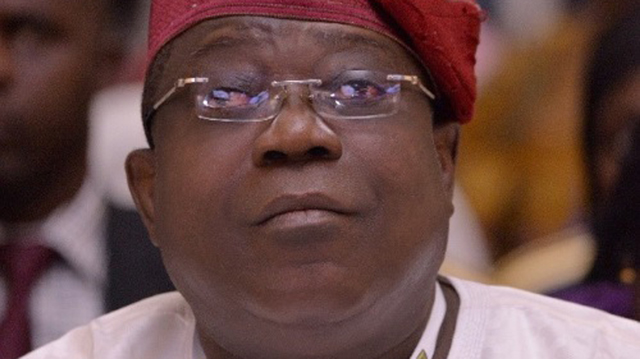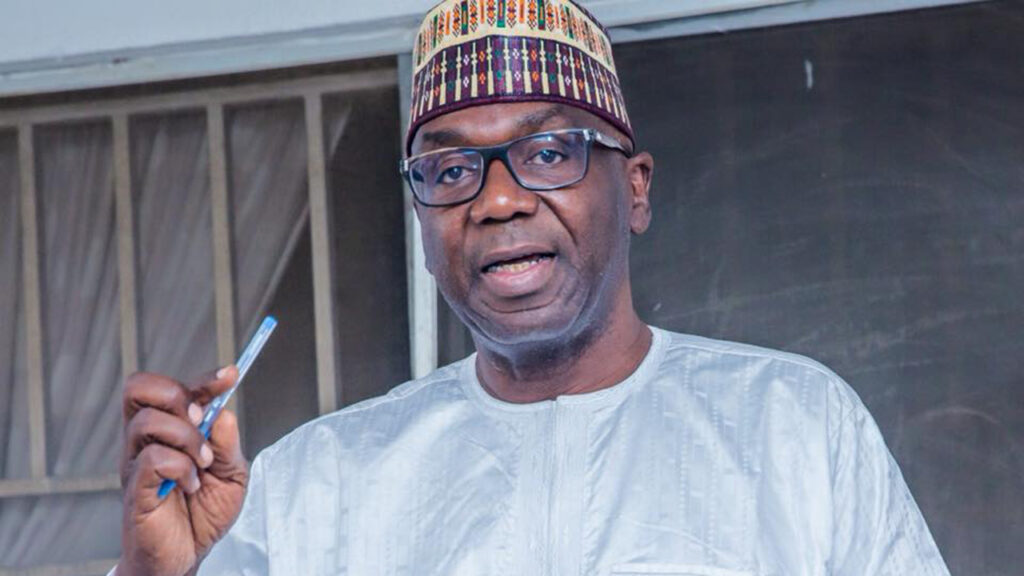
.Says Labour ministry lacks capacity to achieve industrial harmony
Chairman, Federal Civil Service Commission, Prof. Tunji Olaopa, has urged the government to convene a “no-holds-barred” platform for a national conversation, where all parties in the industrial relations system can reach agreement on how to make the Nigerian social/industrial model work.
He spoke at the Nigeria Employers’ Consultative Association (NECA) Second Annual National Labour Adjudication Forum held at Abuja Continental Hotels, Abuja yesterday.
He said: “The reality of industrial relations in Nigeria today is that workplace disputes (which are inescapable), hardly play out as positive occurrences; neither are they ever well-managed, well-timed and controlled, so they could be springboard for win-win resolution in measure that present veritable potential for enhanced national productivity.”
He argued that though conflicts in workplaces were inescapable, they should not be allowed to become threats to industrial peace.
According to him, there is a need for commitment of social partners to negotiate and dialogue to prevent conflicts from degenerating into “militancy-induced irresolvable differences,” stressing that preventive steps are key to industrial peace and harmony.
He added: “Unfortunately, adversarial industrial relations have been somewhat elevated to a national culture in dispute resolution. This has created disturbing roadblocks to consensus building.”
According to him, the factors at play are, but not limited to: “Lack of respect for terms of collectively bargained agreements because conclusions thereto were reached under duress in a manner that usually create industrial peace of the graveyard, in a manner of speaking; and lack of political sophistication to unravel the legal, structural and systemic issues that have hindered unfettered implementation and enforcement of relevant labour laws in Nigeria.”
He also blamed the industrial crisis on the agencies at the heart of regulatory control of the dynamics, like the Federal Ministry of Labour and Employment and others, which “suffer significant capacity deficits, professional creativity, resourcing including funding to carry out their statutory duties.”
He added: “The most worrisome dimension is the reigning industrial relations culture of impunity in the labour sector with significant elements of indiscipline and dishonesty in industrial dispute practices with such poor corporate governance issues as non-remittance of check-up dues, sit-tight syndrome, lack of accountability, absence of democratic tenets, and dictatorial tendencies in labour relations.”
He reiterated his call for a shift from “adversarial to a developmental industrial relations practices” in Nigeria, saying: “I like to restate this conviction by adding that this will only happen with a shift from traditional mediation approaches to transformative mediation as basis for recalibrating social dialogue within the framework of tripartism
“Transformative mediation essentially calls for reform to address the undercurrents that cause industrial disputes to degenerate into irreconcilable ideological differences, reminiscent of that carried over from the era of military rule and the old Marxist-Communist revolutionary aluta-type class struggle.
“It demands concerted out-of-the-box innovative solutions, backed with the will power to break down and dismantle the mental model that is generating adversarialism. It is only within such patriotic commitment to the common good that the tripartite can reach agreement on a new model of partnership that will crystallise a developmental industrial relations framework for social dialogue and collective bargaining.”












